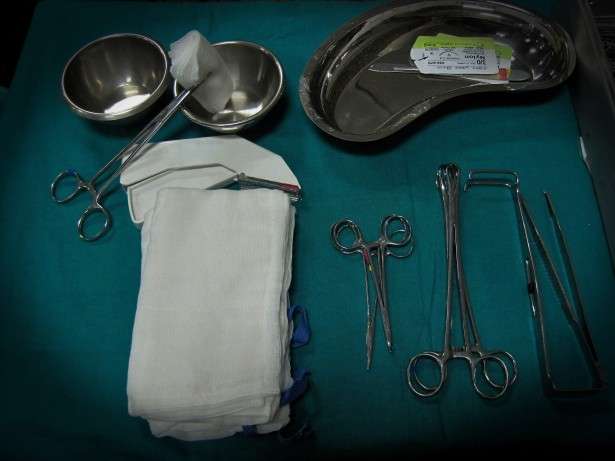Analysis of mortality risks after different types of kidney surgery

By analyzing data on 21,380 nephrectomies performed throughout the United Kingdom, investigators found several lines of evidence to suggest that UK surgeons are highly competent. The 30-day mortality rate after nephrectomy was only 0.5%. Also, mortality rates following radical, partial, and simple nephrectomy were 0.6%, 0.1%, and 0.4%, respectively.
Established risk factors were confirmed: old age, co-morbidities, significant blood loss and advanced stage of disease. The study also identified modest blood loss (~1L) and conversion from minimally invasive to open surgery as potential new risk factors.
"This pan-national study provides fresh insights into the contemporary risk of death following all types of nephrectomy and identifies potential novel risk factors for death," said Archie Fernando, lead author of the BJU International study. "Massive thanks to all the surgeons who contributed their data making this sort of comprehensive study possible," she added.
More information: Archie Fernando et al. Who is at risk of death from nephrectomy? An analysis of thirty-day mortality after 21 380 nephrectomies in 3 years of the British Association of Urological Surgeons (BAUS) National Nephrectomy Audit, BJU International (2017). DOI: 10.1111/bju.13842



















